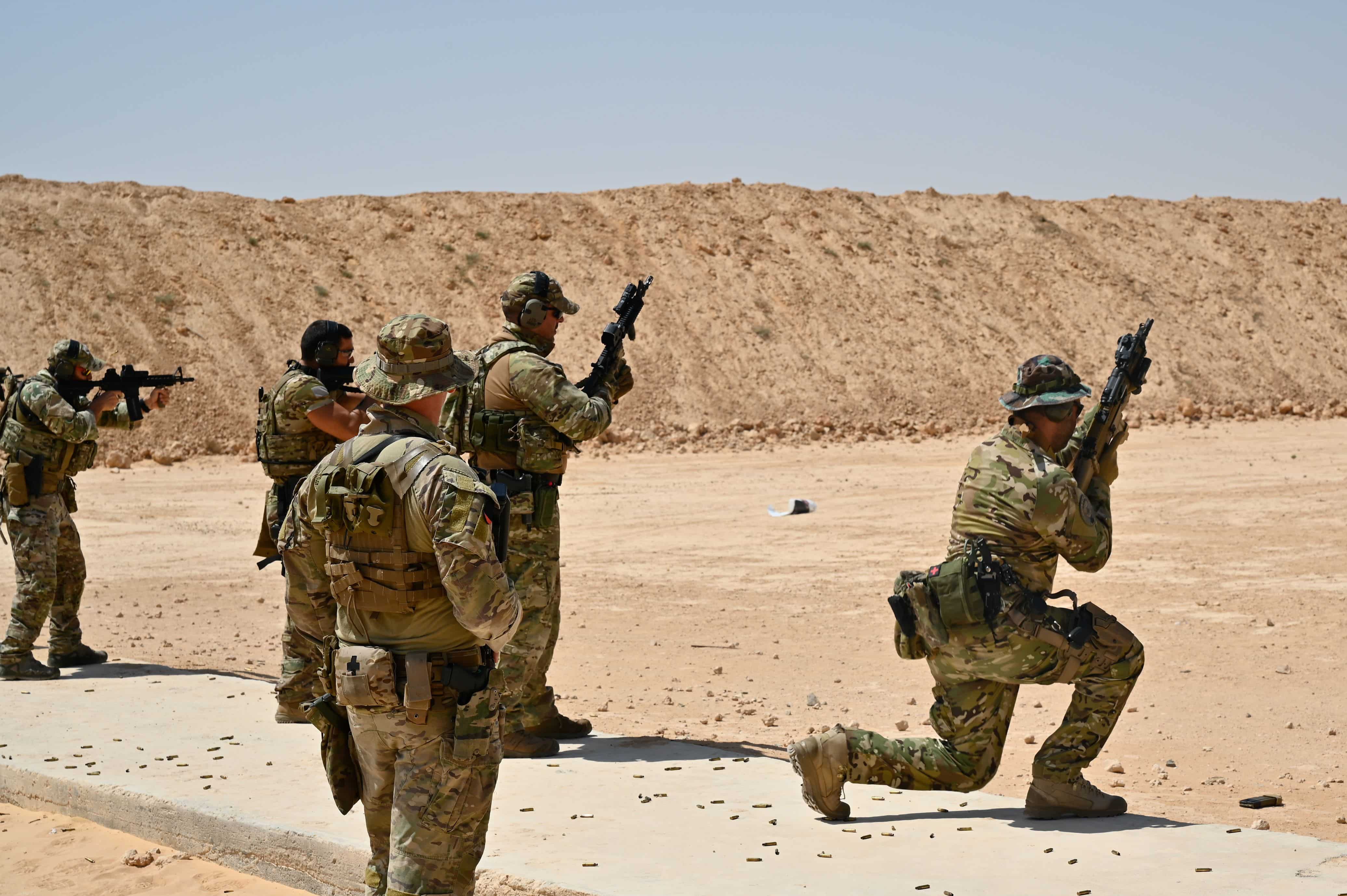The Army is planning to reduce up to 3,000 positions from Army special operations forces, a move that’s raised concerns among SOF community leaders and lawmakers. These cuts are primarily targeting support roles rather than direct combat roles, as part of a broader effort to refocus the military’s capabilities in light of changing global threats and operational needs.
Key Points:
- The proposed cuts to Army Special Operations Forces (SOF) could amount to a reduction of up to 10% of personnel, mainly affecting unfilled billets and support roles such as logistics and intelligence, rather than direct combat positions.
- SOF community leaders emphasize the importance of support roles, suggesting that cuts in these areas could undermine the effectiveness and readiness of SOF units, particularly in non-traditional areas like cyber and psychological operations.
- Critics of the cuts argue that this decision is based on a narrow perception of the SOF’s past focus on counterterrorism, overlooking their extensive role in building partnerships and preparing for complex future threats.
- The difficulty in filling certain specialized positions, such as those in psychological operations, is contributing to the decision to cut these roles, despite the potential long-term negative impact on SOF capabilities.
- The Department of Defense is conducting reviews for a future SOF Operating Concept 2040 and considering an organizational redesign to better align with strategic competition needs, counterterrorism, and crisis response, which may shift the balance of roles within the SOF towards areas like cyber and psyops.






